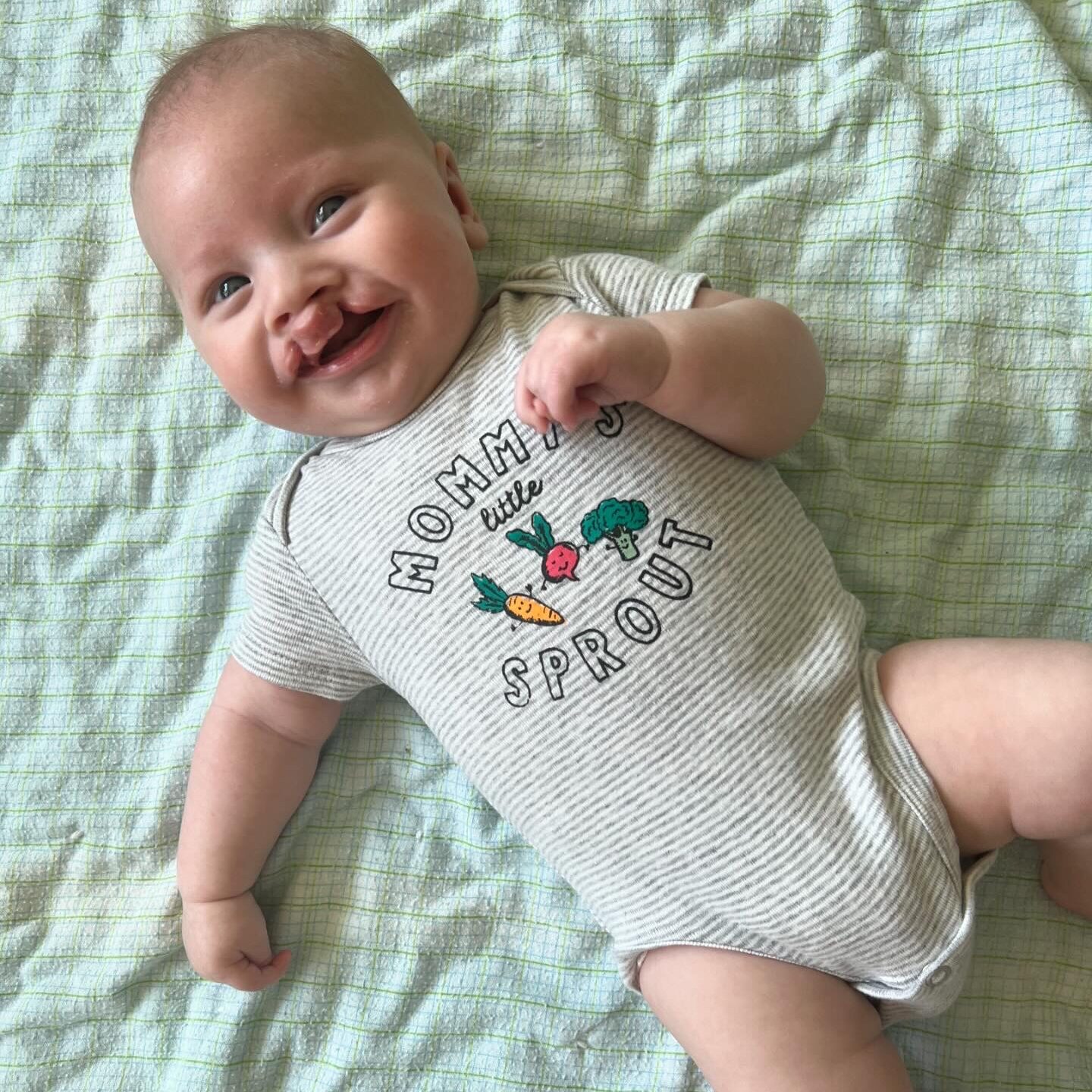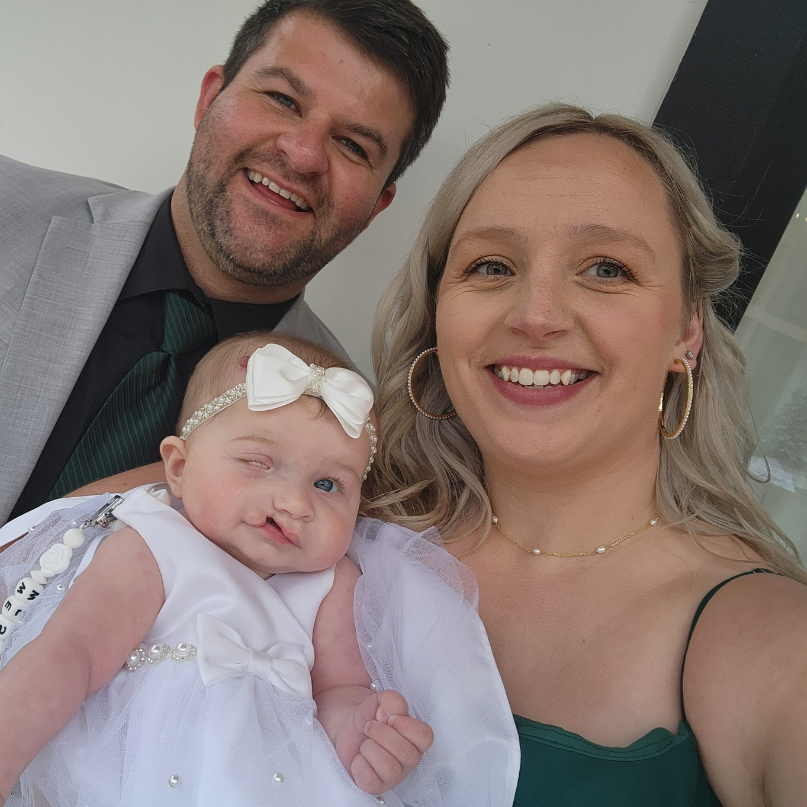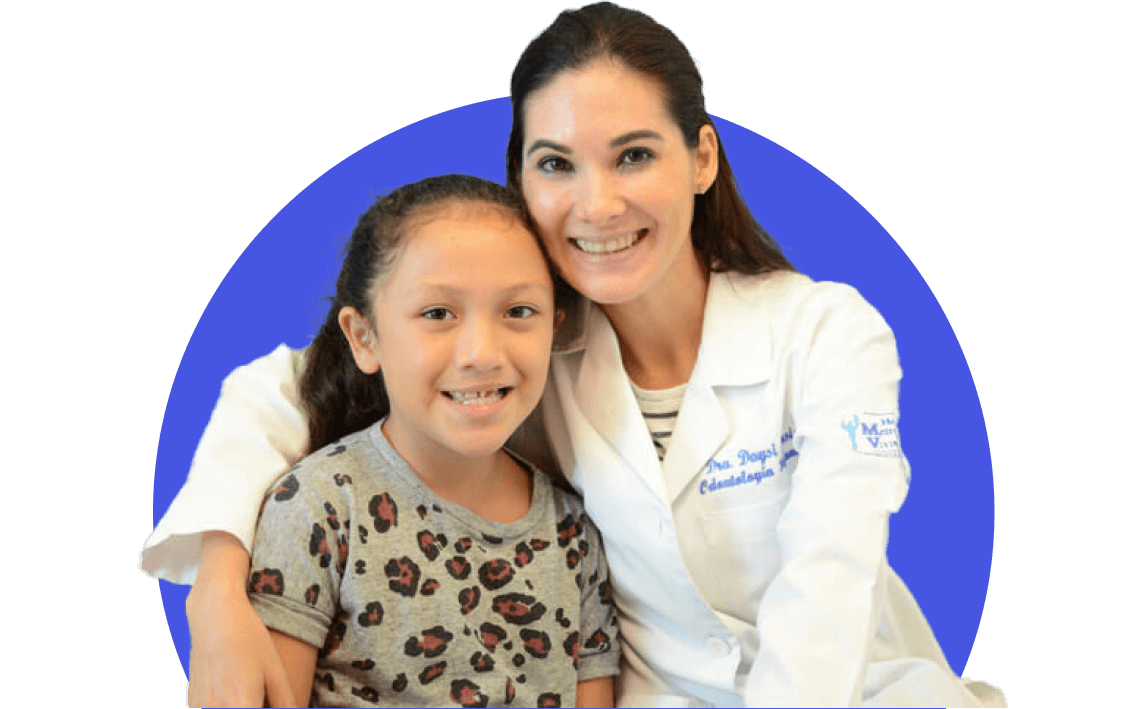Although I was lucky enough to have countless physicians who went above and beyond the call of duty, I know how rare it is to witness what a “good doctor” should be. I am no stranger to the medical world. I live with two chronic disabilities that have shaped every single aspect of my life. I was diagnosed with a prenatal stroke, as well as a rare genetic disorder called Turner Syndrome.
The stroke occurred in the left hemisphere of my brain, resulting in right side weakness and significant speech related issues. My 23 years have been overwhelmed with endless hours of therapy, medical testing, and surgery. To be exact, I have seen to fruition 49 surgeries and more to come. It is important to note that I have always had a rather complex medical history and coming out of the high school, I was in desperate need of a fresh set of eyes.
After three craniofacial surgeries with limited success, I needed someone who wasn’t afraid to think outside the box and willing to forgo the textbook. Dr. Ron Hathaway was a practicing orthodontist that took on my case for a little over two years. Early on, I could tell that he genuinely cared for his patients and wanted to provide the best care he could possibly give. Dr. Hathaway happens to be one of the best physicians I’ve ever had and was more than just an ordinary orthodontist; he was a genuine friend.
Dr. Hathaway and I had a unique relationship from the start, and he understood my passion for the medical world. In other words, I could see that Dr. Hathaway was willing to examine the entire picture, rather than focusing on solving each issue at hand. Following textbook protocol wasn’t necessarily important to him and he worked hard to find creative solutions.
Although I am fully aware that I will never be able to participate in the medical scene in the capacity I would love to, Hathaway never once let me give up hope. He even went so far as to allow me the chance to shadow a multidisciplinary care team, the Cleft and Craniofacial Anomalies Treatment team (CFAT), all the while knowing that I had quite an extensive history with them.
As time went on, I realized that he was, in fact, the senior director of the team for me. Shadowing him and his fellow colleagues was nothing short of an honor. Those short, fleeting moments allowed me to find hope again. Perhaps I did have a chance of pursuing a career in the medical world. Those moments were among the few times in my life where I felt as though I understood my surroundings and what was taking place. Shadowing the team brought with it an overwhelming sense of belonging and pride; it all felt like a dream. I write this as a senior at Wright State University, majoring in Rehabilitation Services and pursuing a career in patient advocacy. After all, dreams do come true!





